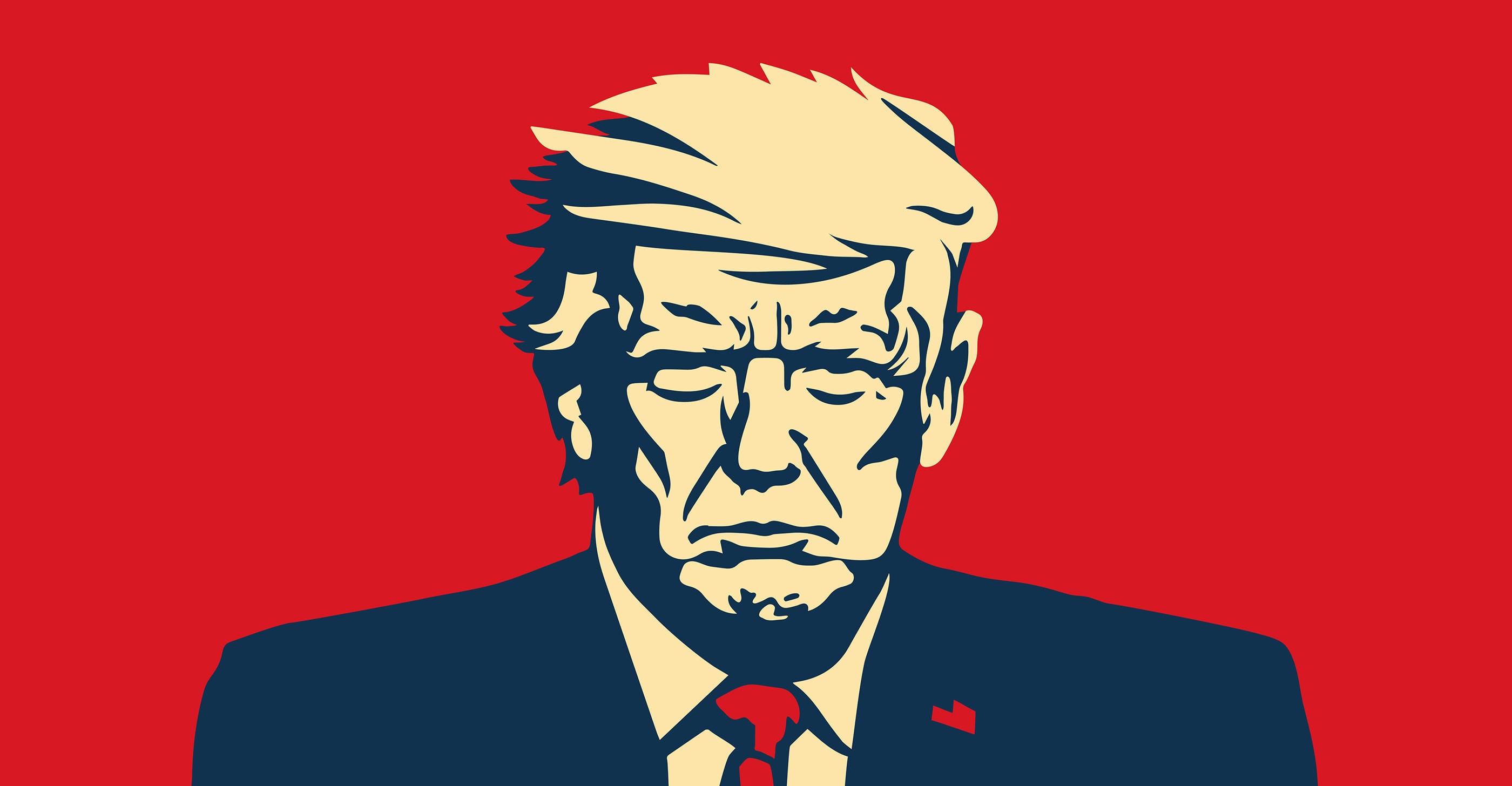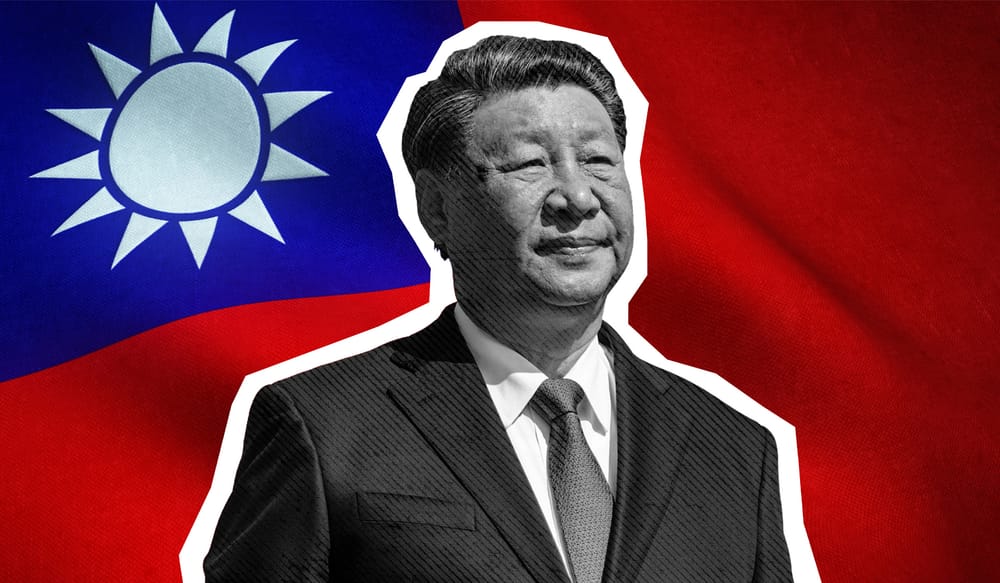The US is once again in its typical frenzy, this time following the ruling by the Supreme Court which confirms broad presidential immunity from criminal prosecution for actions within the constitutional prerogatives of the President.
The problem is that the ruling is viewed through the lens of the ongoing legal attacks on Trump for his conduct during the events of January 6, 2021, as well as the entire handover process following Biden's electoral victory in 2020.
The media, largely fuelled by left-wing hysteria, are decrying the decision as granting Trump absolute immunity from trying to abolish American democracy and install himself as a dictator (or some such thing).

Let's be honest, to them everything is about Trump and about clinging onto power, nothing else. But the rulings of the Supreme Court have to be viewed in the context of the entire legal system of the United States, and the consequences they have on it.
It's about far more than just any particular person, although it's clear Democrats can't think beyond a single electoral cycle.
In reality, SCOTUS justices ruled in support of the existing tripartite division of power between the executive, legislative and judiciary branches.
The crux of it is that if presidents faced a threat of criminal prosecution for any decision they make within the boundaries of their job, it would impinge on their independence as the leaders of the executive branch.
There's already a precedent to that since the 1970s, with immunity granted for civil litigation, precisely for the same purposes. On this basis alone SCOTUS could not rule in any other way, even if left-wing justices disagree.

Otherwise presidents would effectively be under constant threat by their political opponents in the other branches, knowing they could face retributive action after the presidential term was over, what would influence the decisions they were making today.
To provide an example of how it would work if applied to other branches: it would be as if the members of Congress faced possible future criminal prosecution for voting on bills.
It really doesn't matter how idiotic or reckless the laws they vote on are, it's their democratic, constitutional prerogative to pass them, without fear of future litigation for their stupidity.
None of this, essentially, has anything to do with Trump but with the precedent that any other decision would set, leaving the executive branch at the mercy of the whims of the other two.
To avoid that, the Supreme Court confirmed that presidents enjoy absolute immunity for acts within the explicitly stated privileges in the constitution and PRESUMPTIVE immunity within the broad boundaries of their job.
Again, presumptive, but not absolute, meaning they could be prosecuted if prosecution does its job, not whenever it feels like it.
Finally, they enjoy no immunity for personal actions that do not infringe on their unique constitutional prerogatives.
In other words, Trump, or any other president, can still be prosecuted for any action taken outside of the scope of their job and it's the prosecution's responsibility to prove it was so.
The reason this verdict is being lamented is precisely because all litigation launched at Trump, culminating – how convenient, isn't it? – during the electoral year, is highly frivolous and politically driven.
Democrats have concluded that as long as they stack the right bodies with their people, they could abuse the law to mount any case against a political opponent, with complete disregard for the privileges – including immunity – he enjoyed while in office.
Now, the prosecution can't carry on merely on the basis of "Orange man bad", but has to substantiate and prove every allegation within the boundaries described by SCOTUS.
The irony is, of course, that Democrats are the ones talking loudly about defending the democratic system – while trying to dismantle it bit by bit before our eyes.
They have long been busy creating one dangerous precedent after another, which threaten to destabilise American politics for decades to come, since their opponents may see it as a free pass to do to Democrats what they are doing to them now.









